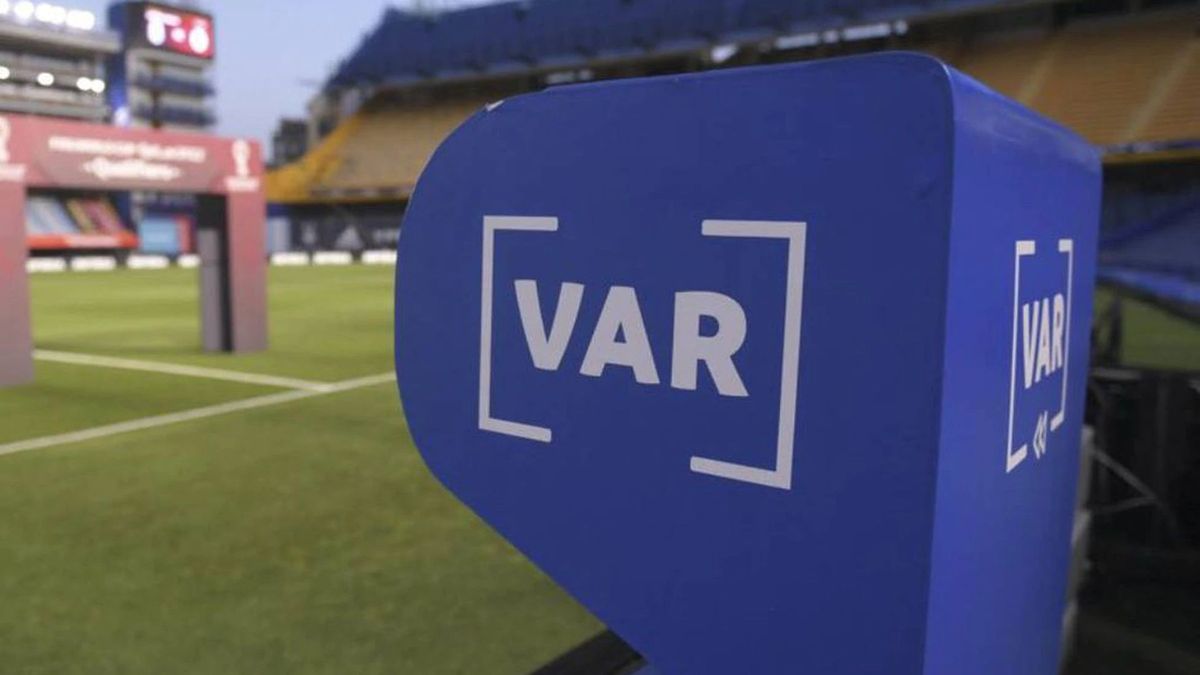This World Cup will have one more advance: the offside line observed with the VAR will no longer depend on the human eye, but on a system developed with artificial intelligence that detects the positions and the exact moment in which the player hits. There will be 12 cameras, 29 data points from each player and the ball will have a sensor that sends a data packet 500 times per second, according to FIFA. Reducing the margin of human error is one way to improve the show.
It will also be improved from the point of view of the teams. With numerous platforms that evaluate performance, now it is FIFA itself that will propose a new way to take advantage of them. It will process 15,000 data per game, that is, more than 166 per minute, it will offer 25 analysts per game, and it will use a special tracking system. From the FIFA Player app, players will be able to see all the actions with the corresponding accompanying image as soon as the match is over.
But the technology will not only be strictly linked to the game. It can also play an important role, for example in keeping stadiums in harmony with their surroundings. That is, that they have a positive impact on local economies, that they do not affect the value of nearby properties and that they have good access for attendees. One of the most striking cases in Qatar is Stadium 974, built with containers and later dismantled because, as is to be expected in such a small country, not all the infrastructure will continue to make sense when the big event is over.
We will see how the day to day will surprise the fan in terms of experience. In recent times, it has consolidated itself as the most important thing in the entertainment industry and, driven by the pandemic, one of the main strategies is to achieve more cohesive virtual and face-to-face experiences.
At the beginning of the year, the NBA sold seats so that fans, from their homes and with virtual reality, could follow the game from a privileged location. RV cases were one of the most popular gifts in the United States last Christmas, according to CNBC television.
The Los Angeles Clippers, which will inaugurate its new Intuit Dome stadium in 2024, incorporated Globant from its construction stage to generate technological solutions and that its new home is designed to suit the fan with a frictionless experience in terms of access, entertainment, information and comfort.
A historic stadium like the Camp Nou also sought, in some way, to improve its comforts. Through a digital twin, they replicated people’s income streams to avoid traffic jams and speed up access times. Different ways in which technology improves sport and acts in a much more comprehensive way than through VAR, as many believe.
We are sure that every 4 years a new World Cup is held and people will witness, once again, how when passion and technology come together, the unthinkable happens.
Global CTO
Source: Ambito
David William is a talented author who has made a name for himself in the world of writing. He is a professional author who writes on a wide range of topics, from general interest to opinion news. David is currently working as a writer at 24 hours worlds where he brings his unique perspective and in-depth research to his articles, making them both informative and engaging.




